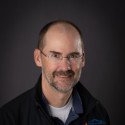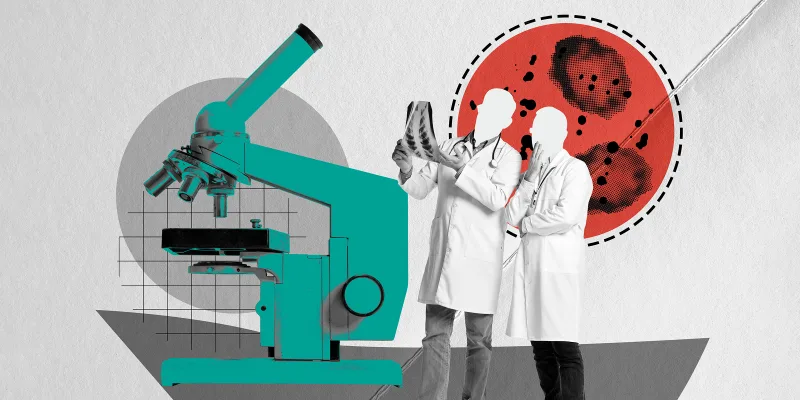
From an early age, we are taught to believe those in power make educated decisions that are democratic and moral. However, elected officials are asked to create laws relating to a vast array of subjects, an impossible task for even the most motivated and well-informed individuals. Recently, we have been confronted with the limits of their knowledge and how this limitation yields uninformed laws that will negatively affect our lives, our patients, and our future practice. We encourage fellow medical students and physicians to harness their expertise and social capital to prevent the indoctrination of policies that are not grounded in scientific fact.
An example of this limitation in action is the abortion trigger law Arkansas SB149. Within less than a month, this perilous piece of legislation was signed into law, making abortion automatically illegal in the state of Arkansas if Roe v. Wade is overturned.
Not only is this deeply concerning to us as a future physicians, but also as female citizens. It is alarming to observe the easy passage of a bill concerning the life and bodies of women by a predominantly white male legislative body. Trust is a vital part of the doctor-patient relationship and built through the development of an understanding of each patient’s unique values, goals and priorities. Our role as physicians is to aid patients in achieving their best quality of life and health by educating them on various efficacious treatment options and facilitating the best treatment plan for them. We do not make their decisions for them, rather we walk with them on the path of their choosing. Our grievance with Arkansas’ SB149 is not solely that it lacks a foundation in scientific fact, it also hampers the doctor-patient relationship and the individual autonomy that patients are entitled to as human beings.
The disregard for science the legislators hold became obvious when we answered the representatives’ questions during my testimony at the Health and Public Services Committee for SB149. It was evident that 1) the senators had their minds made up prior to entering the room and, 2) many senators did not understand the topics being discussed in this bill. When we tried to clarify misunderstandings, we were repeatedly cut off. Fact and science had little bearing in their decision — it was more convenient to use vague language that represents their personal beliefs than, say, to understand the distinctions of an emergency contraceptive versus an actual abortifacient. Science and data do not serve as the foundation of their governance over reproductive health, but rather inflammatory oration.
At no point did we expect our state Senate committee members to be experts in the finer points of reproductive physiology and pharmacology, but we did and continue to expect elected officials to listen to us — not only as citizens and their constituents, but also as medical students three months shy of receiving our MDs. Simply put: quick Google searches do not stack up to doctoral degrees. We approached the bill as private citizens with the education to speak accurately to its consequences, and we were repeatedly dismissed.
As citizens, we give elected representatives great power to regulate many aspects of our lives without requiring them to have the knowledge needed to properly inform their decisions. It would be unfair to expect them to be experts in their own right on everything over which they have influence. Therefore, we assert that legislators have a moral obligation to their constituents to seek expert assistance to better understand concepts with which they are unfamiliar. It became abundantly clear during our testimony that the men voting on this item did not have sufficient understanding of the concepts mentioned in the bill’s text to be able to appropriately consider its consequences.
At first it felt like we had little impact, since SB149 expeditiously made its way through the Arkansas State Capitol and was signed by Governor Asa Hutchinson. However, we now see it as the beginning of a lifetime of patient advocacy, integral to our careers as physicians. Our next step is to bring more of our colleagues with us.
We urge our healthcare colleagues to leverage their credibility and medical knowledge to help influence our society for the good of our patients and our field. Patient care extends beyond the exam room. Health is our lane; our expertise, experience and voices are urgently needed.






